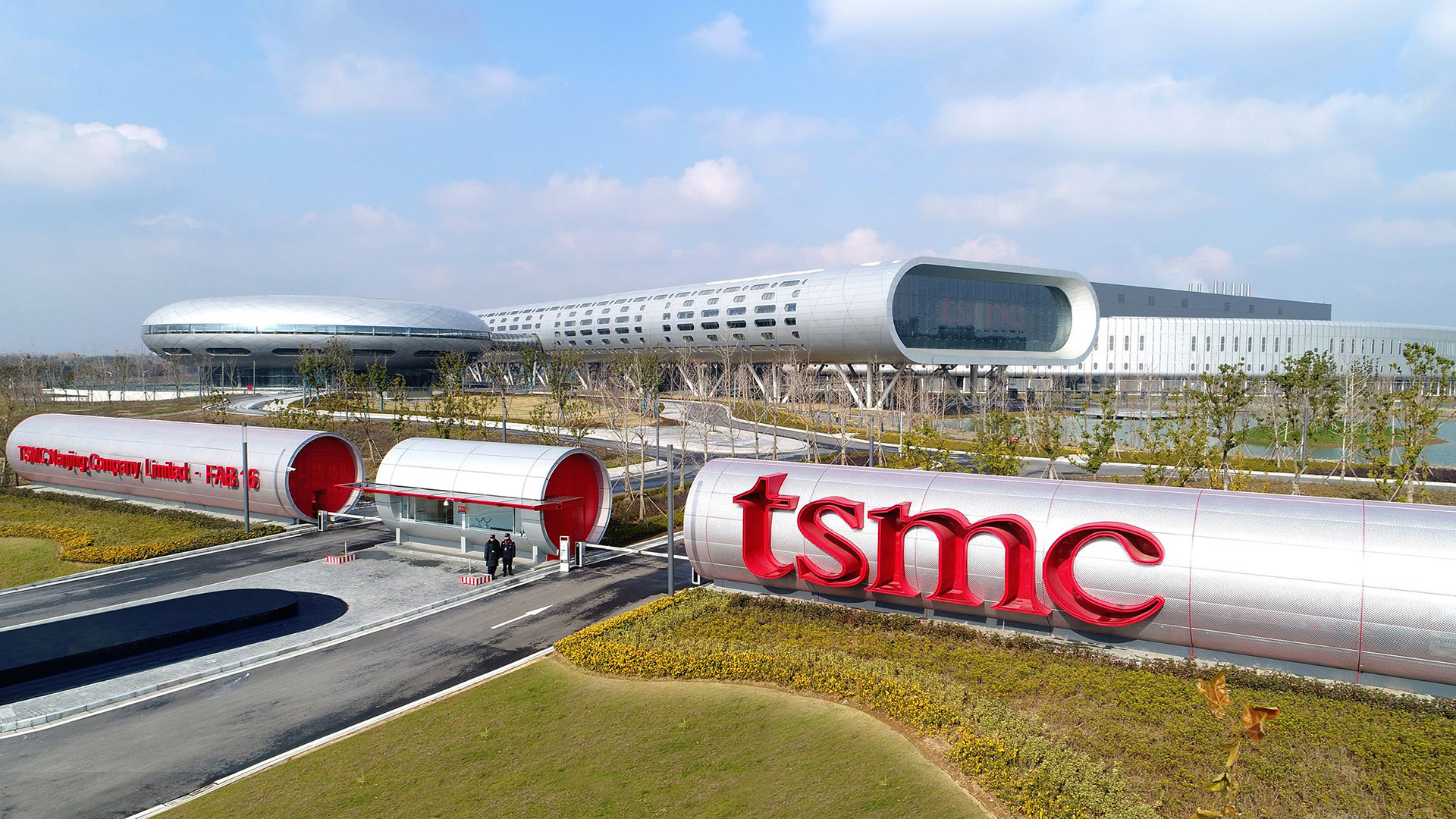Taiwan continues to dominate the semiconductor industry
Taiwan's market share of advanced processes at or below 16nm will be as high as 61% in 2022.

Taiwanese companies continue to dominate the semiconductor industry. The company that generates most of the headlines is TSMC, but there are other less heralded companies including UMC, Vanguard, and PSMC too. When combined, these companies account for 64% of the global foundry market.
The analysis comes from Trendforce (via Business Wire). It illustrates just how important Taiwan is to the global semiconductor industry, and the economy as a whole. Taiwanese companies have plans to build more fabs in Taiwan, China and the United States while many existing fabs are expanding their capacity. Though more skilled humans are also required.
What’s particularly interesting is the dominance that Taiwanese companies have when only considering advanced process production at 16nm or below. In 2022, they are expected to have a market share of up to 61%. Advanced nodes are highly lucrative for the likes of TSMC as many of the world's largest companies including Apple, Nvidia, AMD and Qualcomm seek to gain competitive advantages using advanced nodes.
Trendforce estimates that Taiwanese share of advanced node production will only slightly decrease to 58% by 2025. That’s not much of a drop considering Intel is on a capital spending spree as it seeks to regain technological leadership.

Best CPU for gaming: The top chips from Intel and AMD
Best gaming motherboard: The right boards
Best graphics card: Your perfect pixel-pusher awaits
Best SSD for gaming: Get into the game ahead of the rest
It's not all about Taiwan based production though. Taiwanese companies do continue to expand locally, with six new plants under construction, while there are also four under construction in China plus another three in the United States.
The continued dominance of Taiwanese companies provides some headaches for other companies and governments. In the US, politicians and company CEOs continue to push for the passage of the CHIPS act, which aims to protect the US from future geopolitical shocks, which continue to loom over Taiwan in particular.
Other countries are seeking to restore domestic manufacturing too, with planning for manufacturing facilities underway. But it's not like flicking a switch. It takes many years to go from the planning stages to product shipping, so Taiwanese manufacturing dominance is set to continue for a few more years yet.
The biggest gaming news, reviews and hardware deals
Keep up to date with the most important stories and the best deals, as picked by the PC Gamer team.

Chris' gaming experiences go back to the mid-nineties when he conned his parents into buying an 'educational PC' that was conveniently overpowered to play Doom and Tie Fighter. He developed a love of extreme overclocking that destroyed his savings despite the cheaper hardware on offer via his job at a PC store. To afford more LN2 he began moonlighting as a reviewer for VR-Zone before jumping the fence to work for MSI Australia. Since then, he's gone back to journalism, enthusiastically reviewing the latest and greatest components for PC & Tech Authority, PC Powerplay and currently Australian Personal Computer magazine and PC Gamer. Chris still puts far too many hours into Borderlands 3, always striving to become a more efficient killer.

